TEHRAN(Bazaar) – Professor Frank N. von Hippel, former assistant director for national security in the White House Office of Science and Technology, says the regional dialogue forum is the first step for cooperation in the Persian Gulf.
“After World War II, Europe created regional institutions such as Euratom to create a cooperative future as an alternative to arms buildups and wars. I hope that the Persian Gulf region countries too can create such a positive and productive future for themselves,” Professor Frank N. von Hippel told Bazaar News Agency.
Following is the text of the Bazaar interview with Professor Frank N. von Hippel.
Q: It is planned to hold a meeting this September at the initiative of the Secretary General of the United Nations with the participation of the foreign ministers of eight countries of Iran and Iraq and GCC members. The Secretary General's initiative for regional dialogue is included in UN Security Council Resolution 598, which led to the end of the Iran-Iraq war. What is your assessment of this meeting?
A: This is very good news! I have been worried about the possibility of a nuclear arms race/confrontation developing between Iran and Saudi Arabia like that between India and Pakistan. I hope this regional dialogue can include the regional control of nuclear technology to assure that it is not used for weapons. Brazil and Argentina succeeded in such an effort and created a joint nuclear inspectorate, the Brazil-Argentine Agency for Accounting and Control to monitor each of their enrichment programs to assure that they were not used to produce highly enriched uranium for weapons. This is on top of the IAEA inspections. Even better would be putting enrichment technology under multinational control as happened in Europe with URENCO.
Q: After the improvement of the relationship between Iran and Saudi Arabia, improvement in the relations between Iran and other Arab countries can be seen. To what extent can creating a mechanism for regional dialogue be successful in such an atmosphere?
A: It is a first step. After World War II, Europe created regional institutions such as Euratom to create a cooperative future as an alternative to arms buildups and wars. I hope that the Persian Gulf region countries too can create such a positive and productive future for themselves.
Q: Following the reduction of America's presence in the region, diplomacy in the region regarding important security issues for the countries of the region has increased. Do you evaluate this process as tactical or strategic?
A: I hope it is strategic and that the countries of the region are taking control of their own futures instead of being pawns of outside powers.
Q: China's participation in the region - although it does not have a wide military and security aspect at the moment - what effect will it have on regional trends?
A: If China is truly interested in furthering regional peace rather than great-power competition with the United States for regional influence, then I welcome its involvement.

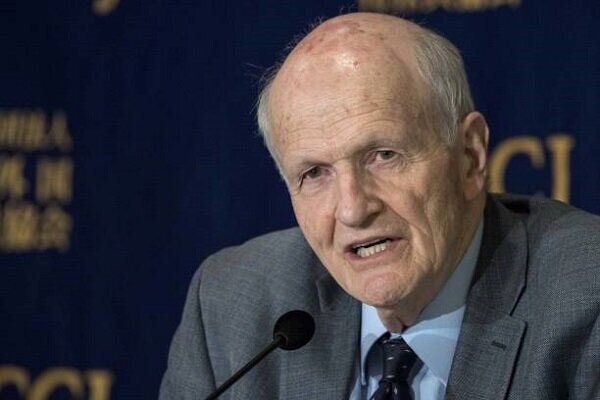




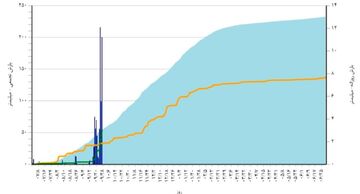
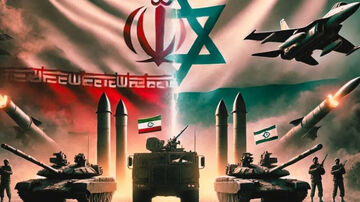
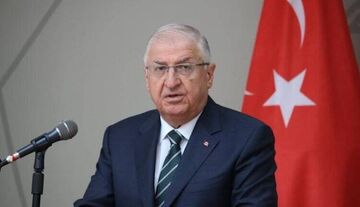
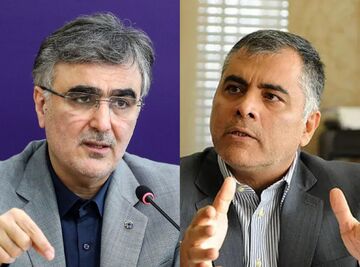
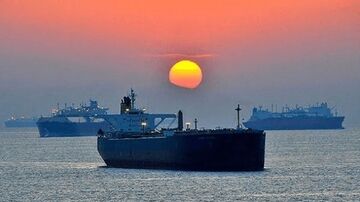
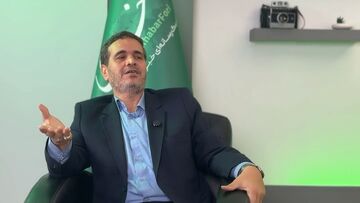
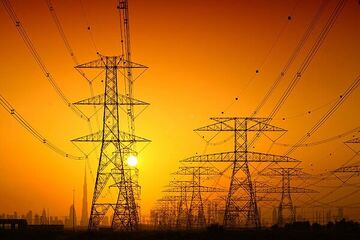

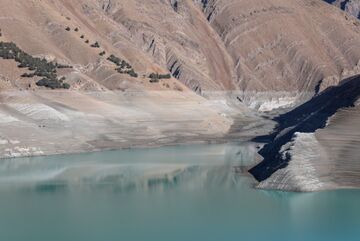

نظر شما